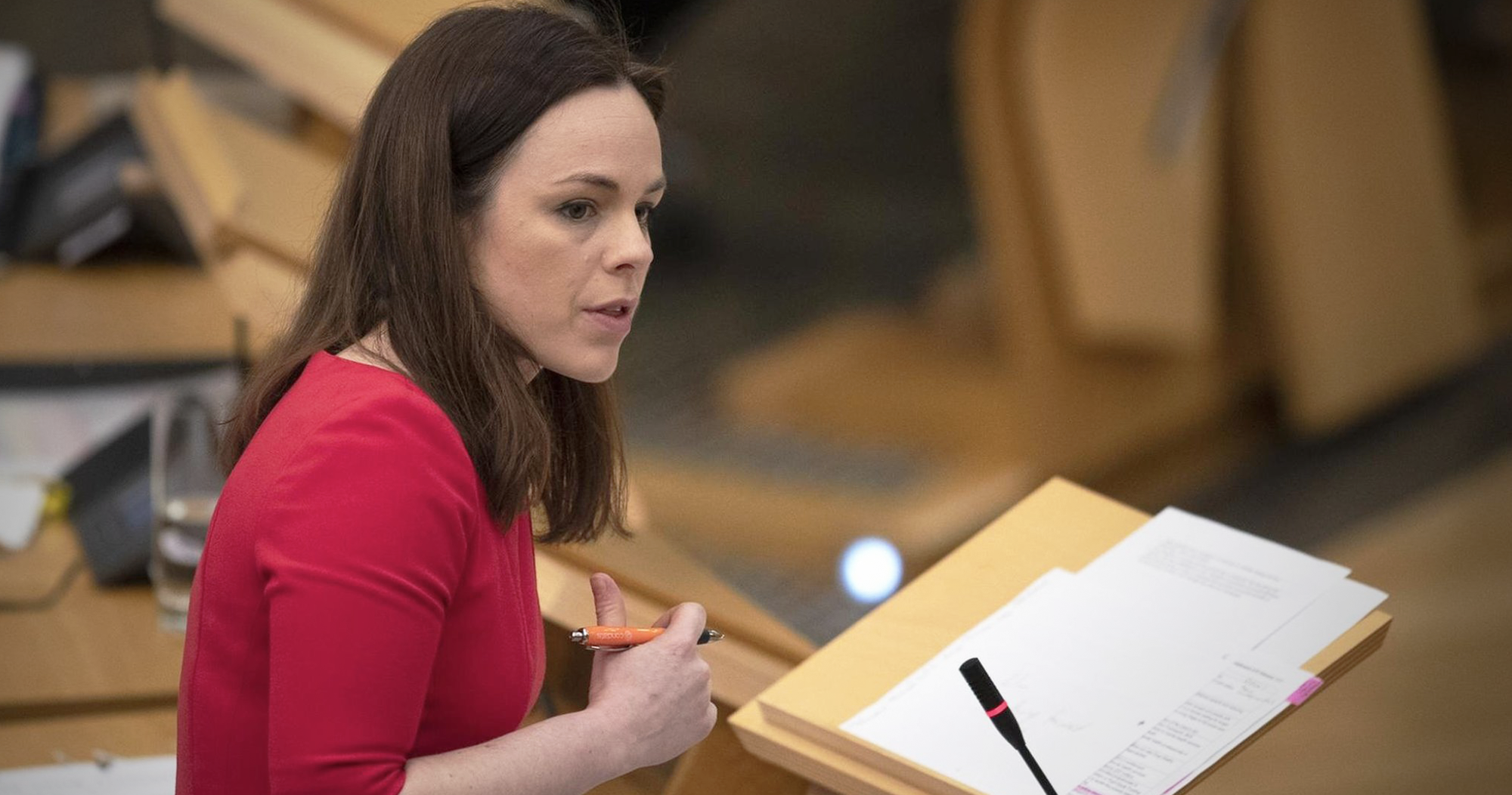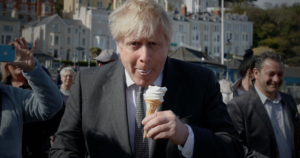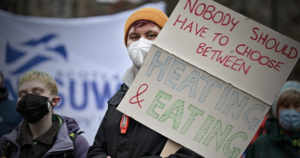Ross Newton works for the think tank Our Scottish Future on creating a positive case for devolution and co-operation within the UK.
Kate Forbes billed this as a “budget of choices”. Instead, it was a budget of zero choices. Rather than grasp the thistle of change, the meter was fed, the show trundles on and tomorrow will be the same as yesterday.
The budget meets the SNP/Green objectives. The void of choice means few boats have been rocked and less enemies made. SNP and Green MSPs will also be able to proudly announce that they delivered a pay rise for social care workers. Beneath the headline, the pay rise couldn’t buy a Dairy Milk.
There was £45bn rattling around Forbes’ piggybank. More than enough money to begin setting out a vision for Scotland. It’s important to appreciate the impact and cost of Covid on public services, but that excuse would hold more weight if the SNP hadn’t been as equally cautious in pre-Covid budgets. Instead of big bold bets Scotland got stale continuity and cowardice. In taxes, the bands for higher earners was frozen, drawing marginally more people into higher rates of tax. Councils were left to decide how much to raise council tax – a tax the SNP promised to “scrap” fourteen years ago. It will be local councils – who have faced years of Holyrood austerity – that take the flak. Meanwhile, there was record funding for health with no promise of reform.
However, we should not make an enemy of progress. The doubling of the Scottish Child Payment to lift thousands of children out of poverty is morally right and demonstrates devolution in action. What it doesn’t do is reach the Scottish Government’s own targets on child poverty. They could go further, faster if they wanted. We should not make an enemy of ambition either.
Unfortunately, even that overdue progress must be caveated. The SNP’s recent enthusiasm for actually using devolved social security powers is welcome. But if the use of these powers comes at the cost of innovation in other policy areas then progress may be slower than expected. Put more bluntly, if the Scottish Government’s new strategy is to use Social Security Scotland as a quick fixer of moral and policy failures, rather than doing the hard work of tackling the attainment gap or growing the economy, then we may benefit in the short term but decline in the long term.
Big decisions are approaching Scotland and indeed the wider world. If we don’t make them then they will be made for us. From climate change, the development of automation and AI, the impact of technology on public services the economy and education, to issues of identity, the challenges are there, the opportunities waiting for those who have the guts to grasp them.
That is the challenge for our opposition parties – to show they can lead the agenda and prove they have the big ideas and the energy to make the decisions that will see Scotland prosper in a new, rapidly changing decade.
The SNP say that Scotland will only reach its potential when we separate from the rest of the UK. The positive argument that the opposition parties should make is that Scotland can realize its potential when we have a party in government with the boldness and curiosity of change makers. Until then, we face groundhog day budgets, where numbers switch columns but fundamentally nothing changes.
In the first episode of the Blair & Brown documentary, Blair says, “the single most important thing -always- in politics, is to have the initiative. For the agenda, the dominating agenda, to be the one you set”.
The SNP have set the agenda for fourteen years. It’s time opposition parties looked to the future and set a new one.






